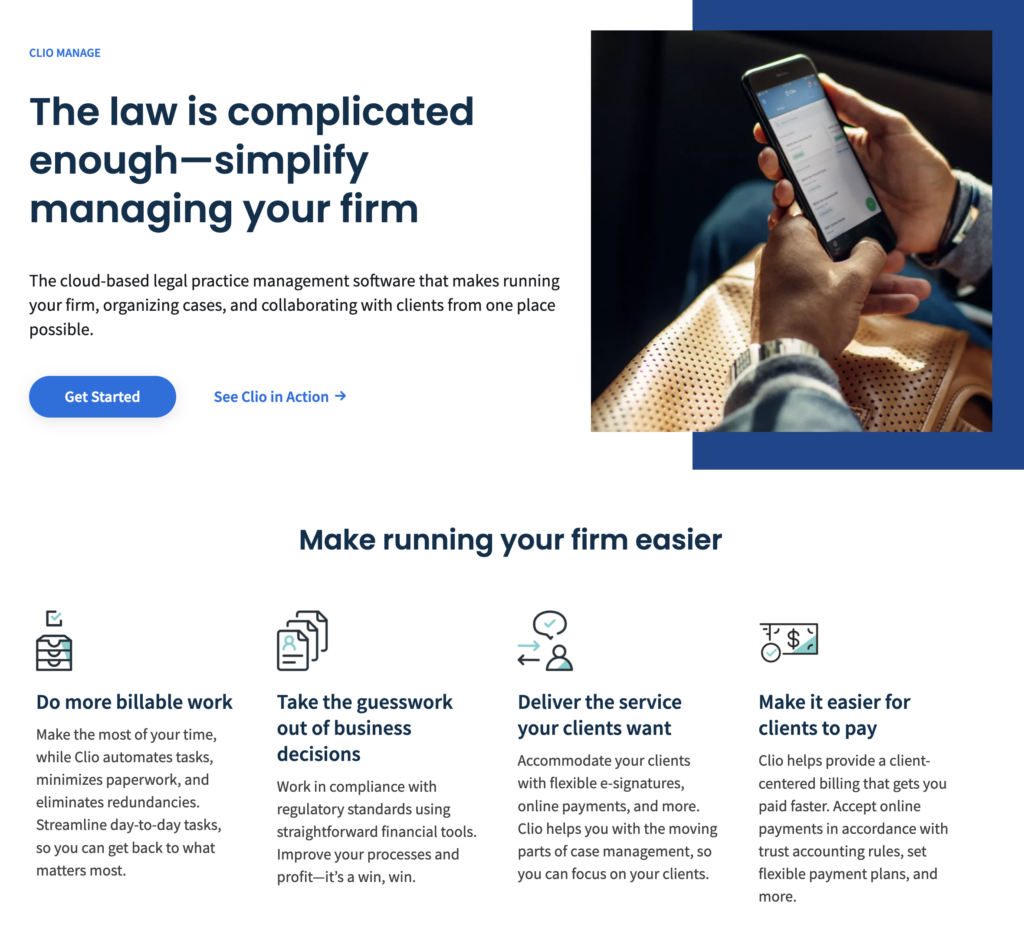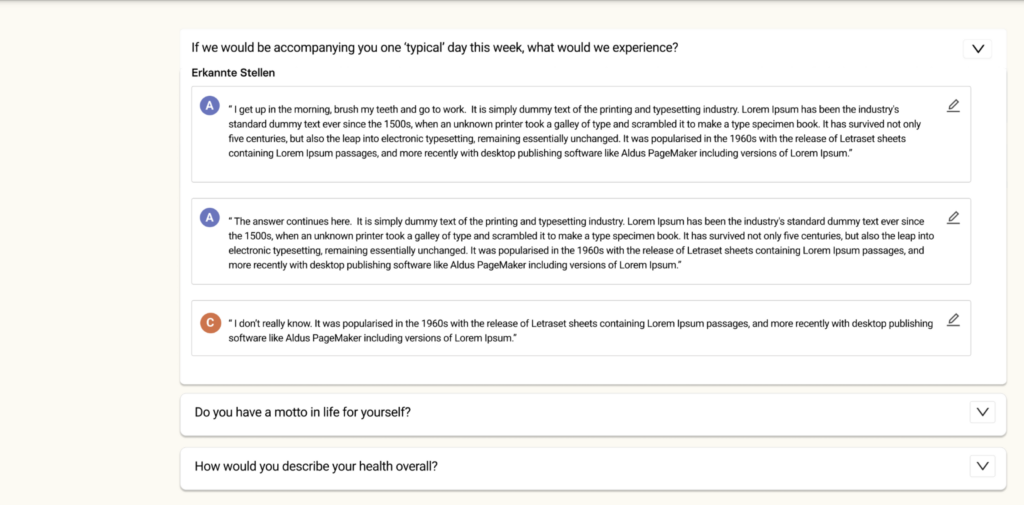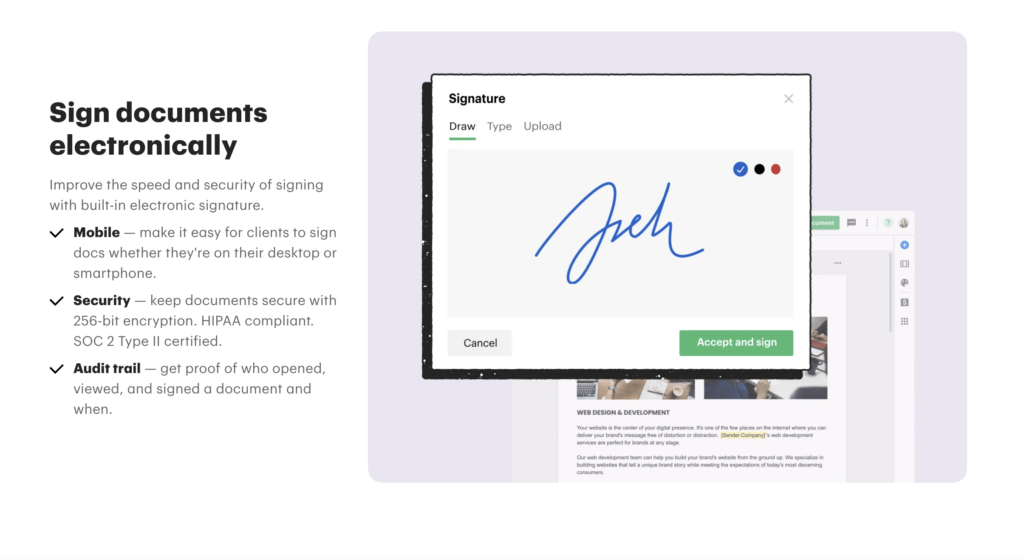In order to demonstrate your value to an organization, one of the things you should consider utilizing are smart tools – any machines, devices, or software that aid in completing electronic work. These tools help with efficiency, accuracy, cost savings, and collaboration. In other words, they make your team’s life much easier. In this post, we’ll cover seven of the best smart tools every legal team should use.
Table of Contents
TogglePractice Management Software
Legal professionals handle many operations on a day-to-day basis. These activities include time tracking, case management, and billing, just to mention a few.
However, because some of these activities are tedious and time-consuming, you should consider utilizing practice management software. They ensure that your business runs smoothly and critical information is stored safely.
Such software is designed to streamline and automate non-core tasks, including administrative tasks. Not only that, but these tools will allow you and other members of your legal team to focus on the core aspects of your legal firm.
For instance, a typical project management software will help you with case management, time tracking, billing, and invoicing. Clio, Smokeball, and CASEpeer are some of the best practice management software that the market has to offer.

E-Discovery Tools
E-discovery tools are software applications and related tools that help legal professionals collect, process, review, and produce electronic data and other legal documents. They help prepare such documents for legal proceedings, audits, and investigations.
The majority of discovery is made electronically. Although using e-discovery tools will help you save time, you can also use tech tools for lawyers to streamline your discovery process.
Document Management and Automation Software
As their names suggest, these tools help legal teams automate, organize, store, and manage documents related to their cases, clients, and other legal proceedings. They can perform a wide range of tasks, including automating the document creation process, reducing manual data entry, and ensuring the safety of stored documents. Having access to reputable document management and automation software can help streamline workflow, increase productivity and reduce errors. Other common features of these tools include document indexing, version control, collaboration features, and advanced search capabilities. Tucan.ai is one of the best automation tools when it comes to transcribing and summarising conversations with a lot of legal jargon. It helps you document and analyse your calls, meetings and hearings, as well as with repetitive tasks such as data entry and text coding, allowing you to shift your focus on what is actually important at work.

Data Security and Privacy Tools
It’s widespread standard for legal teams to deal with sensitive and confidential information daily. Such information includes confidential client info, financial information, and other sensitive legal documents.
Legal teams are responsible for safeguarding this information and ensuring it doesn’t end up in the hands of unauthorized personnel. The most common and widely used data security and privacy tools include data encryption, backup, recovery, password managers and access control tools.
Antivirus software is another security tool you should consider adding to your arsenal. The best antivirus software helps legal teams maintain data security and privacy by protecting their systems from malware, viruses, and other cyber threats. These threats not only compromise sensitive data but can also harm your system’s performance and functionality.
You want to test Tucan.ai for your Company?
Book a free consultation call!
E-Signature Tools
Any legal operation has to involve e-signature software. Such tools are essential for any legal team as they speed up contract conversion while bringing security and transparency to the company’s operations.
E-signature tools are also convenient. They allow you to sign documents from anywhere, at any time, with an internet connection. This means you don’t have to be physically present to sign important documents. This can save you a lot of time and hassle. Some of the best digital signature apps for law firms include Docusign, Clio, MyCase, PandaDoc, and SignNow.
Contract Management Software
Contract management systems give legal teams the ability to focus on high-value and more strategic work. Contract management software lets you store all your contracts in one centralized location.
PandaDoc, DocuSign, and Concord are some of the best contract management software with features like centralized storage, automated reminders, and performance monitoring. Besides, you’ll save more on time and resources as tedious administrative tasks tend to be time-consuming.

Legal Analytic Tools
Legal analytic tools are applications designed to help law firms gather, analyze, and interpret information relating to legal cases, and clients. Although they help with information interpretation, these tools are becoming increasingly important for law firms looking to streamline their marketing efforts and improve client satisfaction.
Law firms can gain a better understanding of their target audience and tailor their marketing campaigns accordingly. They can also use the information from analytics to track client satisfaction levels, allowing them to identify areas where they can improve their services and enhance the overall client experience.
Conclusion
Today’s fast-paced legal sector has pushed legal teams to work more effectively and efficiently than ever before. Advancements in tech have made it possible for the same teams to automate many of their routine tasks while streamlining their workflow.
Smart tools have emerged as game-changers for legal teams. Every legal team should use smart tools, including practice management software, legal analytic tools, e-signature tools, document management/ automation software, e-discovery tools, and collaboration and communication tools.